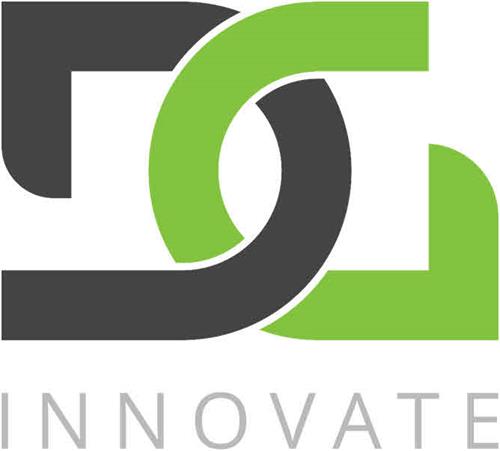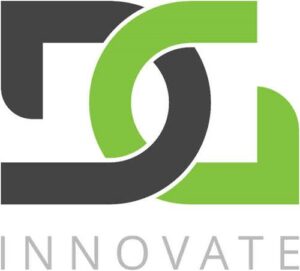This report individually assesses the technologies identified in the ‘promising
developments’ cluster. The following analysis only focuses on the promising developments as
these are most likely to be mass-market in the next 3-5 years. The metrics used to assess the size of
opportunity and UK capability are listed below.
| Innovation | Technology description | Rationale for being in ‘promising developments’ | Relevant UK activity |
| Sodium-ion | A secondary battery (i.e., same intercalation principles as lithium-ion) which uses sodium instead of lithium in the cathode or anode | Significant industry activity has occurred over the last year. This includes CATL announcing Na-ion cells for 2023 and other Chinese manufacturers such as HiNa. There is also ramp-up activity in the supply chain from cathode manufacturers (Altris, Natrium) and anode players (Phillips 66). The acquisition of Faradion by Reliance Industries has also bolstered the credibility of Na-ion as a potential automotive solution. However, no major vehicle manufacturer has publicly committed to using Na-ion yet. | The UK is well-placed with sodium carbonate producer Tata Chemicals and hard carbon producer Phillips 66 manufacturing products in the UK. There is also strong R&D presence in Na-ion through the likes of Faradion, Deregallera and AMTE Power hence the UK’s capability is ranked very high. Faraday Battery Challenge projects, such as NEXGENNA and HIPERCARB, have been key to enhancing UK research capabilities across the sodium-ion value chain. |
DG Innovate plc (LON:DGI) is an advanced research and development company pioneering sustainable and environmentally considerate improvements to electric mobility and storage, using abundant materials and the best engineering and scientific practices.


